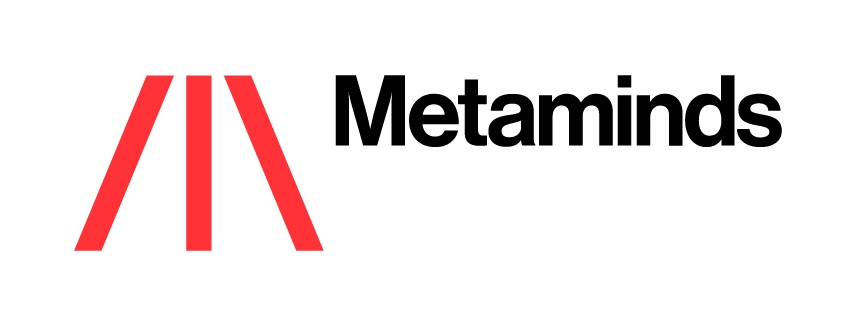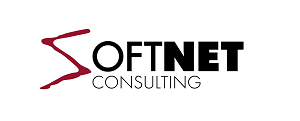Since the onset of the COVID-19 lockdown, many companies have moved their hiring operations and job-interview practices online. As a result of these changes, data-driven job boards—websites that aggregate job listings from various internet sources—have become an essential part of finding employment, as well as recruitment.
 It has been estimated that remote work postings have doubled during the pandemic granting companies access to a larger—and in some cases global—talent pool. However, while these developments increase the number of potential workplaces for job seekers, it also means having to compete with more applicants. Therefore, new digital employment platforms have emerged that allow employers to better identify potential recruits.
It has been estimated that remote work postings have doubled during the pandemic granting companies access to a larger—and in some cases global—talent pool. However, while these developments increase the number of potential workplaces for job seekers, it also means having to compete with more applicants. Therefore, new digital employment platforms have emerged that allow employers to better identify potential recruits.
Data collection from various internet sources, otherwise known as web scraping, is a technology that enables a fast collection and aggregation of information otherwise available on the web. Over the last decade, it has found many applications ranging from detecting intellectual property violations on the web to collecting business intelligence.
Also, this technology powers job posting boards—websites that provide access to data scraped from other internet resources. Often, these sites offer a narrow selection of job listings and assist in finding employment for people with very particular skills, citizenship status, or lifestyle preferences and open up opportunities to those, who can work virtually anywhere given the remote work option.
“Web scraping technology also offers an efficient way to selectively collect data about professionals for employment aggregator websites. It allows those creating digital labour platforms to select which data is most relevant for their users—such as qualifications, specific skills, preferred time zones—and embed that in the search algorithm. As the final result, the moderators retrieve a list of resumes that can be posted online ready for recruiters,” said Karolis Toleikis, CEO at IPRoyal.
While some companies and individuals might be able to set up a web scraping infrastructure themselves and maintain full control over the whole process, this option tends to be expensive in terms of human resources, technical skills as well as maintenance costs. Therefore, residential proxy providers make this process more accessible by providing a ready-made infrastructure that digital HR platforms can utilize.
“Residential proxies provide a massive IP pool that users can utilize to scrape publicly available information from job posting platforms. Aside from focusing on the functionality of our system, we have made sure that the data aggregation operations are carried out without the risk of violating any website policies or regulations. Since we take care of all the peripheral matters, our clients can dedicate all of their time to more productively,” explained Toleikis.
As the world adapts to the effects of the pandemic, the traditional ways of work and job-seeking change. While in some cases this shift inspires completely new HR practices, it typically accelerates trends that began way before 2020.





























